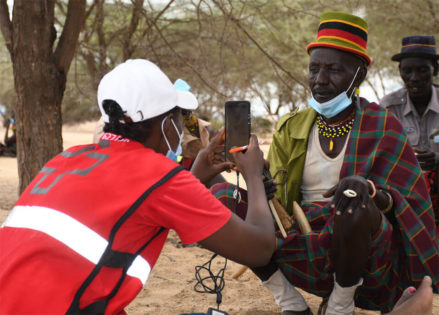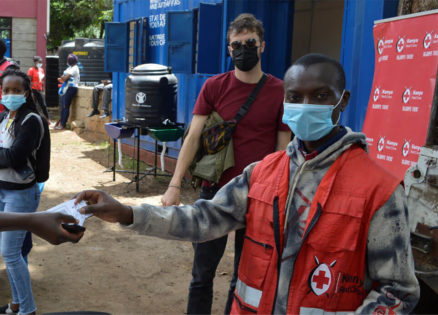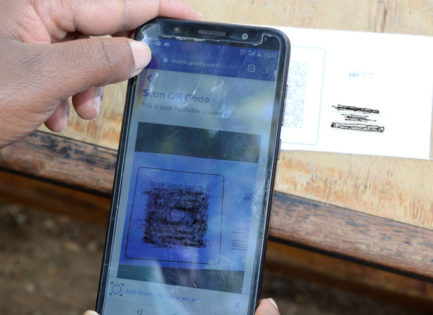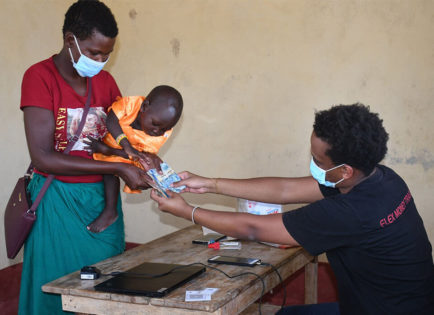Digital wallet

DIGID and Cash Assistance
In 2021, the DIGID consortium ran a pilot study on the use of digital IDs in two contexts in Kenya: informal urban settlements and rural areas. The pilot targeted people who had no form of ID and who had been affected by the COVID-19 pandemic, providing them with humanitarian cash assistance. With their technical provider Gravity, KRCS created digital wallets and credentials and issued them to beneficiaries. For those without a phone, the credentials took the form of a printed QR code that could be used to withdraw cash from a financial services provider.
DIGID and Migration
The DIGID consortium commissioned two consultancy reports on the use of digital IDs in migration scenarios (links below). In addition, a pilot project is ongoing in Uganda and Kenya in the context of migration which includes refugees, asylum seekers, internally displaced persons (IDPs), migrants in transit/crossing borders and returnees. Uganda and Kenya host many refugees, mainly from neighbouring countries. Many of these people have no identity documents, especially asylum seekers. However, support and assistance available for asylum seekers in particular is limited until they receive official refugee status.
– DIGID USER IN KENYA –We are grateful to the Kenya Red Cross for identifying those of us who do not have identification and had not been receiving assistance
Lessons learnt from Kenya
In May 2021, KRCS and IFRC, with the support of the DIGID consortium, piloted the use of digital IDs for cash assistance in Mathare and Turkana as part of their response to the COVID-19 pandemic.
Kenya is one of several places around the world where many people do not have any official form of identification. However, identification is required to access to certain services, including humanitarian ones. But those without ID are, in many cases, those in most need of assistance. In May 2021, KRCS and IFRC, with the support of the DIGID consortium, piloted the use of digital ID for cash assistance in Mathare and Turkana as part of their response to the COVID-19 pandemic.
Implementing partners
Acknowledge donors

















